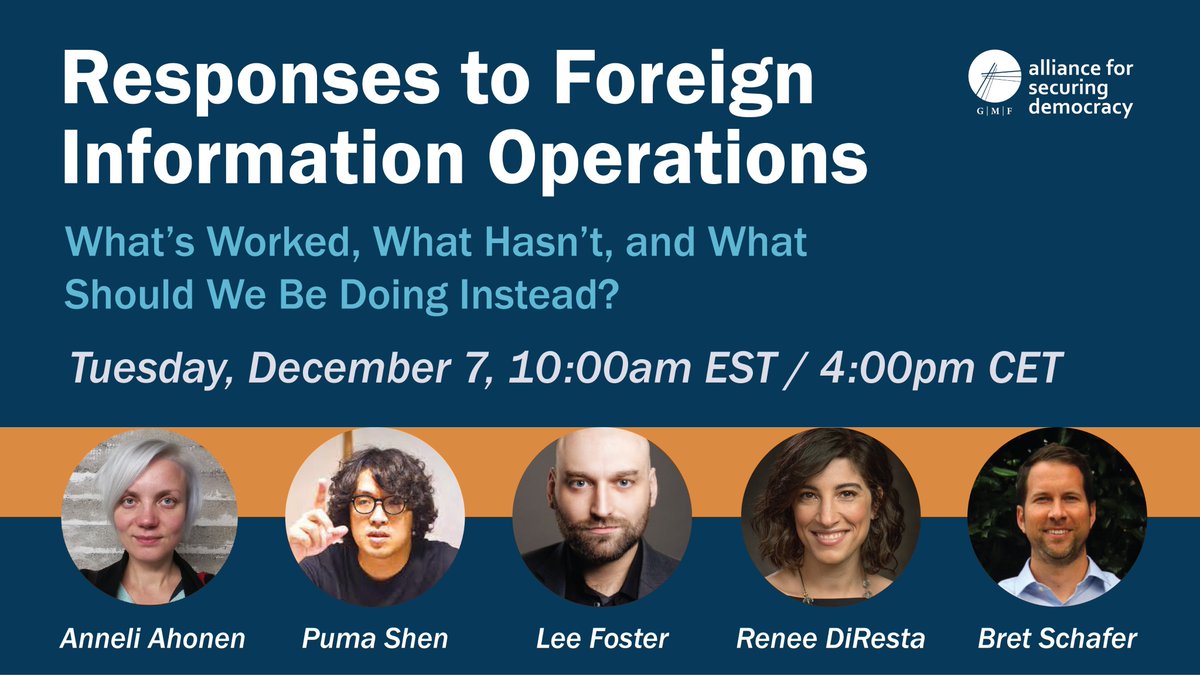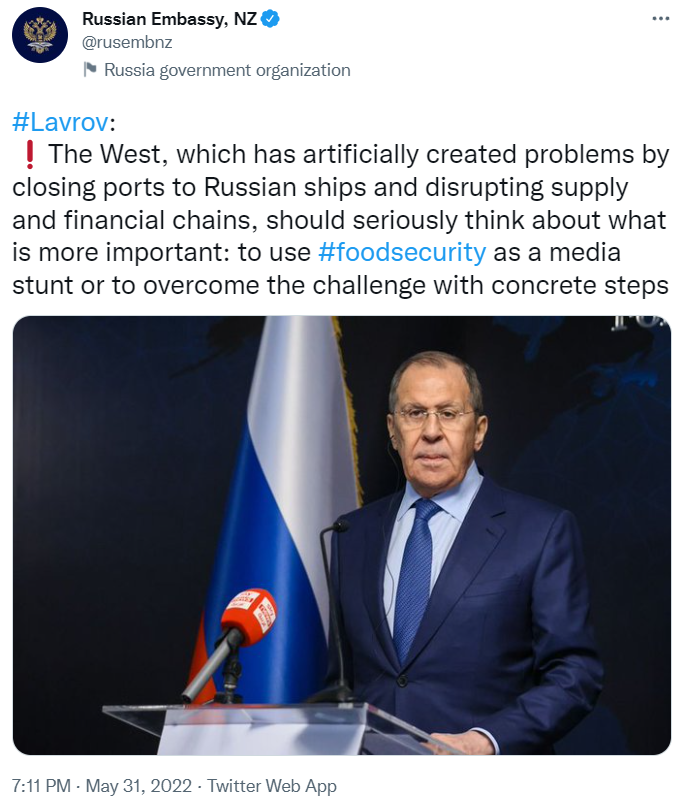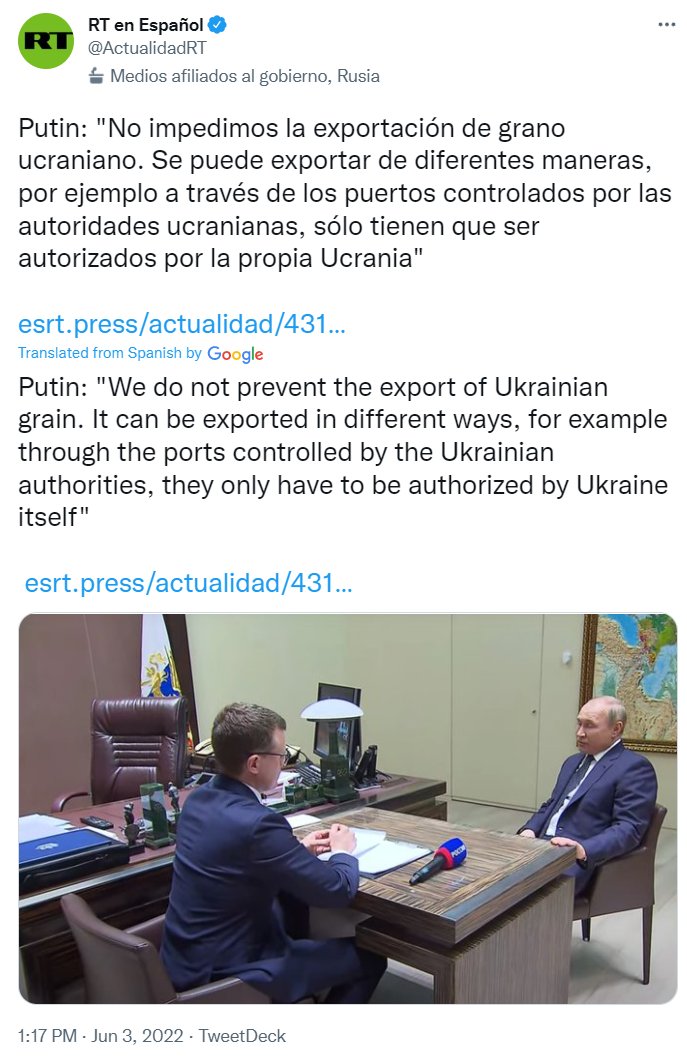🚨Starting soon! 🚨
Join us at 10 am EST/ 4pm CET for a discussion on how democracies can combat foreign information operations with @ahonen_anneli, @pumashen, @LeeFosterIntel, @noUpside, and Bret Schafer.
Register👉bit.ly/3nK5VeA
Join us at 10 am EST/ 4pm CET for a discussion on how democracies can combat foreign information operations with @ahonen_anneli, @pumashen, @LeeFosterIntel, @noUpside, and Bret Schafer.
Register👉bit.ly/3nK5VeA

What has Taiwan done to effectively push back against info manipulation?
"Taiwan has been a testing ground for CCP information operations since 1949, so it's fair to say we're quite experienced," @pumashen says. He notes the importance of transparency in democratic responses.
"Taiwan has been a testing ground for CCP information operations since 1949, so it's fair to say we're quite experienced," @pumashen says. He notes the importance of transparency in democratic responses.

"Keeping the Kremlin accountable for their actions publicly has been a strong signal" that the EU is does not condone Russian info ops, @ahonen_anneli says. The EU's cyber sanctions toolbox can be implemented more widely to further deter these malign operations, she explains. 

"We haven't seen much in the way of legislative momentum" to address information operations, in part because it's become a very politicized topic, @noUpside explains. 

The US gov took down Iranian domains ahead of the 2020 election, but those domains had been exposed publicly three years prior. "If the government is interested in taking action against assets like this, it could certainly do so in a more timely manner," @LeeFosterIntel says. 

The best path forward for social media companies as we head towards the U.S. midterm elections is to be transparent and communicate about why they take things down, and to be consistent with the implementation of their policies, @noUpside says.
Should we be more concerned about foreign actors than domestic ones?
"We have to investigate the money flow to determine the impact of foreign actors," @pumashen explains.
"We have to investigate the money flow to determine the impact of foreign actors," @pumashen explains.
.@noUpside and @LeeFosterIntel say they are both more worried about domestic actors, but Lee warns not to prioritize one over the other.
Thank you for joining us!
Tune in at 1 pm EST/ 7 pm CET for our next #GlobalDemocracyCoalition event on malign finance.
Tune in at 1 pm EST/ 7 pm CET for our next #GlobalDemocracyCoalition event on malign finance.
https://twitter.com/SecureDemocracy/status/1467891983771340805?s=20
• • •
Missing some Tweet in this thread? You can try to
force a refresh


















